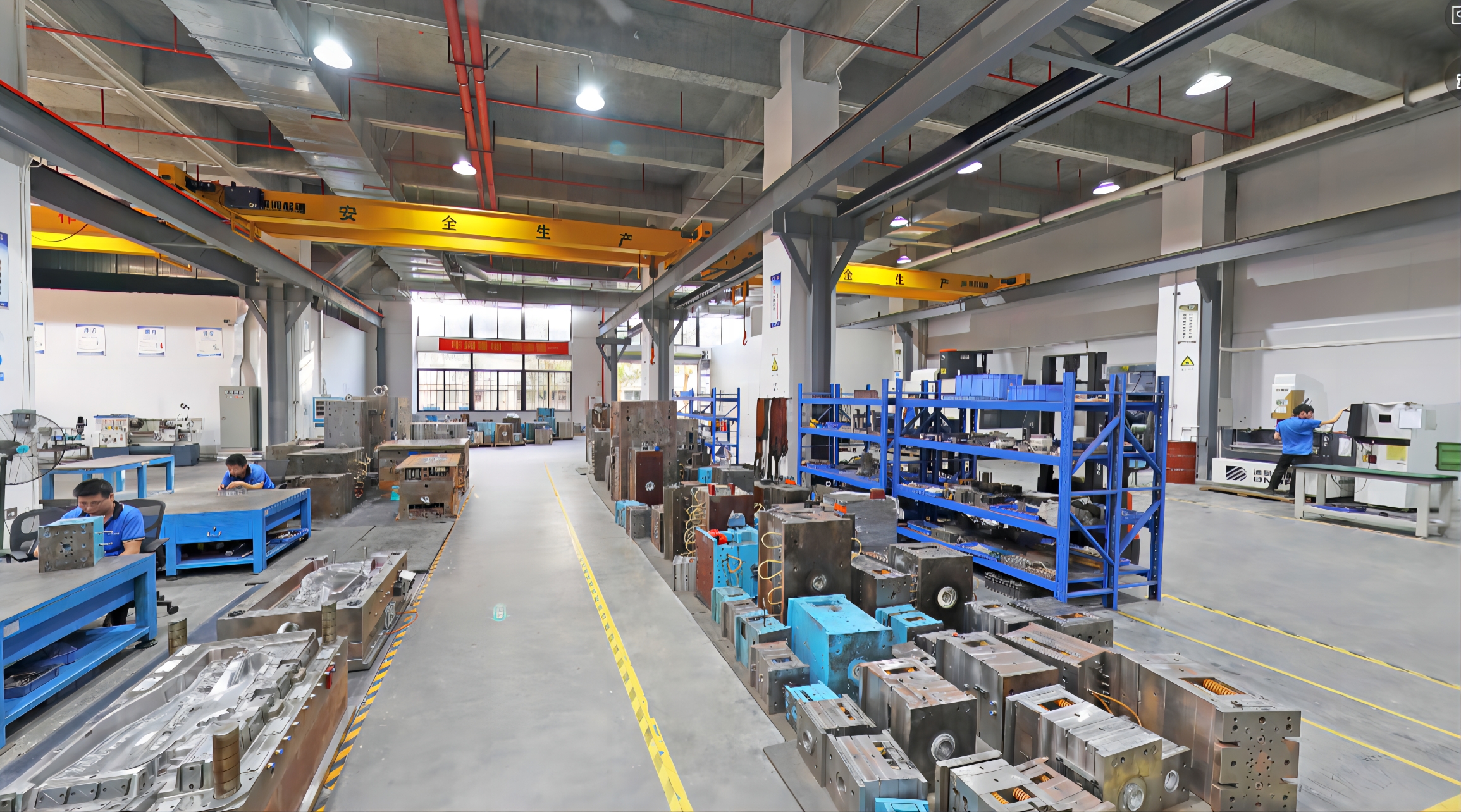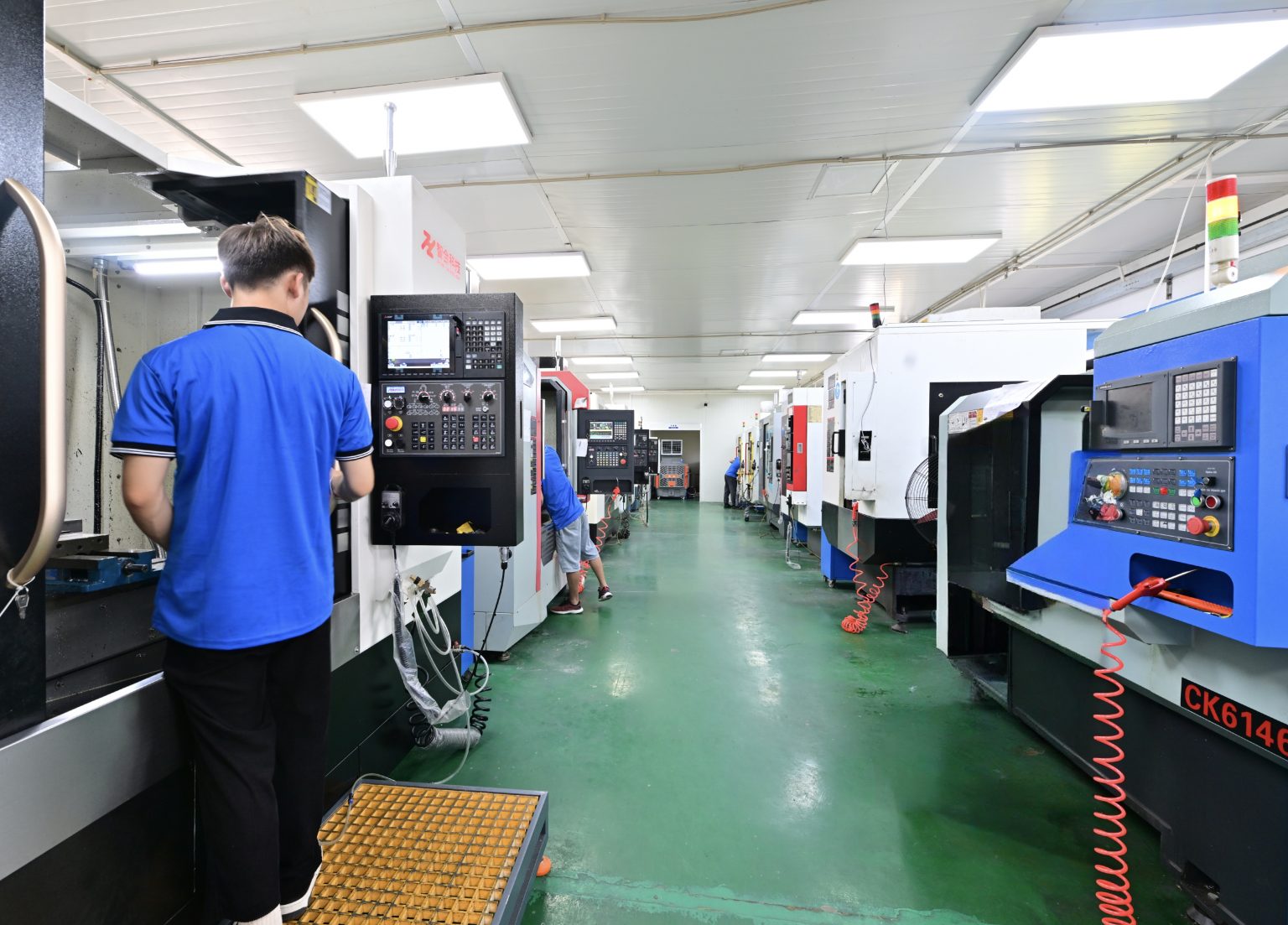Understanding Prototype CNC Machining
In the evolving world of manufacturing, prototype CNC machining has emerged as a critical process for creating precise prototypes. This technique combines computer numerical control with advanced machining methods to produce intricate designs quickly and accurately. Industries ranging from aerospace to automotive benefit from rapid prototyping, enabling them to turn concepts into tangible products efficiently. As businesses aim to shorten production cycles, CNC machining offers the agility required to adapt to changing market demands while maintaining high precision and quality standards.

Applications in Diverse Industries
Prototype CNC machining serves various industries, facilitating the production of both functional and visual prototypes. For instance, in the automotive sector, manufacturers use CNC technology to create parts that undergo rigorous testing, ensuring they meet performance standards before mass production. Similarly, the consumer electronics industry relies on CNC prototypes to refine designs and enhance user experience. This practical implementation illustrates how effective prototype CNC machining can streamline workflows, reduce waste, and ultimately accelerate time-to-market for innovative products.
The Role of CNC Prototype in Product Development
The significance of a cnc prototype lies in its ability to bridge the gap between design and production. This process not only allows for the testing of dimensions and fit but also facilitates adjustments based on real-world feedback. By utilizing CNC machining for prototyping, companies can identify potential issues early in development, saving both time and resources. As a result, businesses are empowered to make informed decisions, leading to higher-quality outcomes and reduced production costs.
Enhancing Precision and Design Flexibility
One of the standout advantages of leveraging a cnc prototype is the enhanced precision it offers during the design phase. Unlike traditional methods, CNC machining utilizes computer-controlled systems to reduce human error and improve accuracy. This precision is crucial when creating complex geometries that require tight tolerances. Additionally, the flexibility of CNC machines allows for quick adjustments, enabling designers to iterate on their ideas efficiently. Thus, businesses can achieve exceptional results, making them competitive in fast-paced markets.

Conclusion: Choose APT-Mold for Your Prototyping Needs
In summary, the advantages of prototype CNC machining are numerous, offering significant improvements in efficiency and product development flexibility. The applications in various industries demonstrate the versatility and practicality of this approach. If you’re looking for a reliable manufacturer with supply advantages, consider choosing APT-Mold. Their expertise in CNC machining ensures that you not only receive top-quality prototypes but also benefit from streamlined processes designed to meet your specific needs.